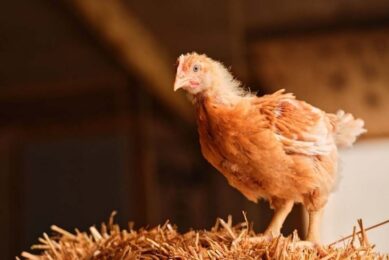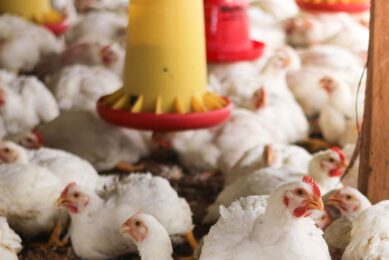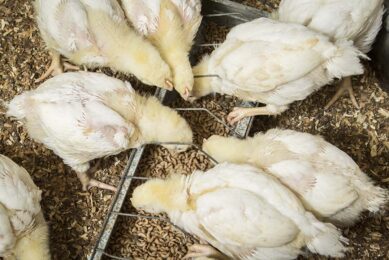US to launch poultry handling and transportation program
A new program centered at The Pennsylvania State University will soon be the first in the US to provide third-party training, proficiency testing and certification on the correct techniques for handling and transporting poultry. It will also provide a number of additional important benefits not typically found in poultry companies’ in-house programs, according to The Poultry Science Association (PSA).
Scheduled to launch in late spring, the Poultry Handling and Transportation Quality Assurance Program (PHTQA) will offer multiple one-day training sessions to transportation and catch crews on biosecurity, disease recognition, emergency planning, and the safe and humane handling of birds. With the exception of ducks, PHTQA will cover every segment of the poultry industry, including: day-old poultry, pullets, spent fowl, broilers, leghorn and broiler breeders, and turkeys.
The Poultry Handling and Transportation Quality Assurance Program is similar to the Pork Transportation and Quality Assurance Program developed by the National Pork Check-off Program. PHTQA training will initially focus on companies in the Northeast, though depending on interest, it may eventually serve as the foundation for a national program, according to Dr. Eva Wallner-Pendleton, PHTQA’s senior editor and project coordinator, and an avian pathologist and field investigator at Penn State’s Animal Diagnostic Laboratory.
“While we have yet to conduct our first training session, we have already received a tremendous response – including international inquiries – from the program website. There’s increasing pressure from the general public and others, both here and abroad, to ensure that animals are being handled humanely. While many companies have excellent in-house training on animal welfare and poultry quality assurance, this pressure has generated the need – and the desire among many poultry companies – for third-party certification. This program is designed to meet that demand,” said Dr. Wallner-Pendleton.
The PHTQA manual was developed by a team of poultry specialists drawn from academics, industry and USDA, and it incorporates best practices for each of the training areas covered. The program is partially funded under the umbrella of the Avian Influenza Cooperative Agricultural Project (AICAP), which is supported by the USDA-NIFA AFRI Animal Biosecurity Competitive Program to the University of Maryland and The Pennsylvania State University.
Training sessions will initially be conducted by members of the PHTQA development team and will take place at the individual companies where bird handlers and transporters are located. Participants who successfully complete the training program and tests will be certified by PHTQA.
Related website:
PHTQA training sessions
Poultry Science Association
Join 31,000+ subscribers
Subscribe to our newsletter to stay updated about all the need-to-know content in the poultry sector, three times a week. Beheer
Beheer








 WP Admin
WP Admin  Bewerk bericht
Bewerk bericht